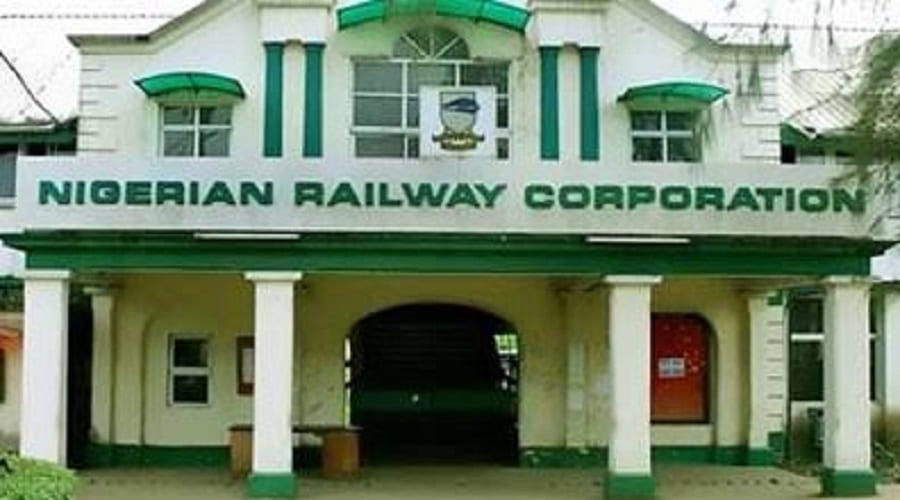Breakdown of trains on Abuja-Kaduna route embarrassing
We find it objectionable that barely five months after the trains were deployed into service they continually breakdown

Nigeria Railway Corporation
The rate at which trains break down on the Abuja-Kaduna route is becoming too frequent for comfort. The latest breakdown happened on Saturday when the train was on the morning run from Kaduna to Abuja. It took the Nigerian Railway Corporation (NRC) engineers over three hours to fix the problem.
The Operations Manager, Abuja-Kaduna Train Service, Mr. Victor Adamu, described the incident as a minor issue. “For anything that is mechanical and electrical, at times, things like this happen,” he had said. We find it distasteful that such a serious situation would be dismissed by an official in this manner. Leaving passengers stranded in the middle of the forest infested by bandits and kidnappers on several occasions can hardly be dismissed as a ‘‘minor issue’’. The three hours that it took the engineers to fix the train must have seemed like eternity to the distraught passengers. In fact, it will not be surprising if some of them with health complications ended up in hospital for being put on edge for so long.
- Over 76,000 Nigerians killed in 10 years — Governors
- Reps seek to empower states to declare public holidays
We find it objectionable that barely five months after the trains were deployed into service they continually breakdown, leaving passengers stranded and disrupting their travel and other plans.
The public apology by the Minister of Transportation, Mr. Rotimi Amaechi, to commuters for the embarrassment they caused and his promise to send the trains back to China underscored the gravity of the situation. “I would like to apologise to Nigerians over what is happening at the Abuja to Kaduna line. It is worrisome in the sense that they are brand new locomotives….. We have called the Chinese to come back for the locomotives that are bad or have failed more than two or three times….We may be forced to bring back our old locomotives if the breakdown persists,” he said.
However, we find it weird that the China Railway Construction Corporation Limited (CRCC) after-Sales Manager Su Zhiguang said it might have been bad luck because the trains were certified in China. If we may ask, is bad luck also written in the agreement? The Chinese official and the Managing Director of NRC, Mr. Fidet Okhiria, also hinted about signing a new contract to extend the one-year maintenance warranty as a way of mitigating the problem.
That is not enough and therefore unacceptable because it is not in Nigeria’s interest. There must be a performance bond which protects Nigeria’s interests. Amaechi must be referring to that instrument when he said the government had asked CRCC to come and take back the locomotives because they have broken down many times in just five months of their deployment to duty. We demand that the relevant clause in the bond be invoked. This will not only pave way for the return of the locomotives to China to be replaced by new ones, it is also the honourable path to serve Nigeria’s interest. This will further make it possible for the CRCC to redeem its image.
The minister’s fears that if the new locomotives are recalled, that would affect the train’s frequency does not hold water because he had said in the same interview that Nigeria would deploy old locomotives to replace the ones to be sent back to China.
As the nation embarks on rail development across the country, lessons must be learnt from the experience with the Kaduna-Abuja rail to avoid a repeat. Experts have expressed concern that the Nigerian officials might not have been fully involved in the procurement process since the contract was majorly financed by China. If this is true, we advise that this lapse be corrected immediately. Nigerian officials at the negotiating table must be able to insist on the competitive cost of the project and also dictate the quality of the equipment.
We must note that the constant breakdown of the train is a disincentive for the rail service, as it could discourage millions of Nigerians from patronising it.
For a revenue-generating institution, this is unacceptable, especially when it only recently increased fares. People must get value for money spent. When you have train service, there must be a system of quick relief. There is no reason why people should wait three hours before help gets to them. Spare parts should be made available. Furthermore, there should be a system to compensate the passengers whenever a train breaks down.
